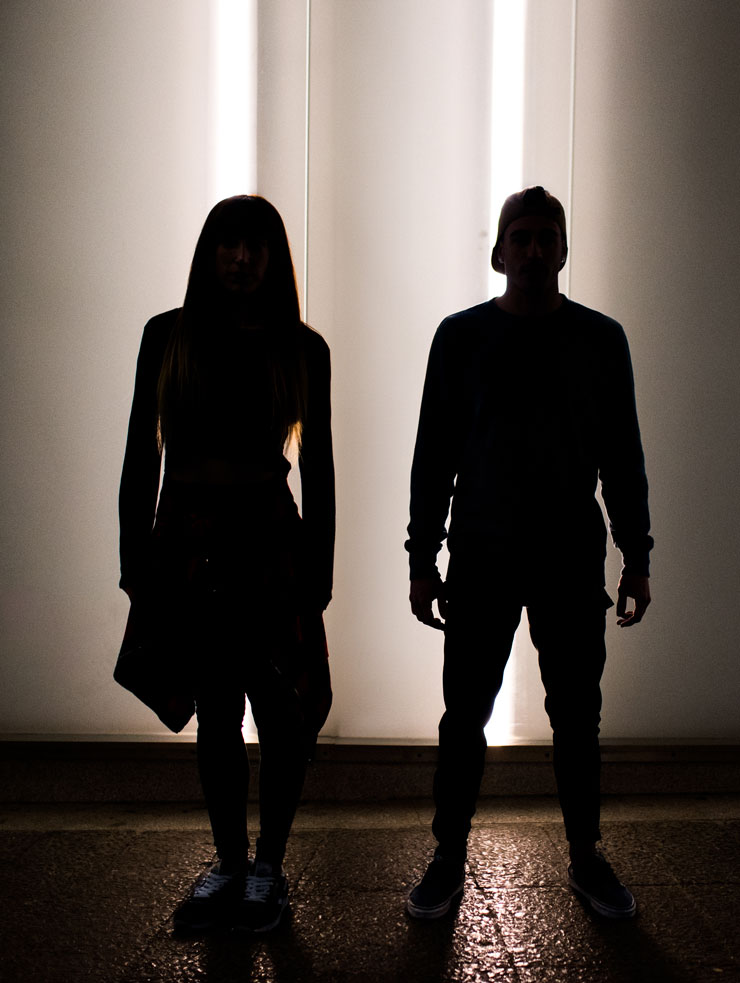Humanity has been captivated by the search for intelligent life for centuries, and the question of whether there are other intelligent beings out there in the vast expanse of the universe continues to intrigue us. As I gaze up at the starry sky, I am struck by the possibility of discovering other life forms beyond our planet. In this article, we will explore the fascinating topic of the search for intelligent life in the universe by delving into what we know so far about our solar system and beyond. We will discuss current knowledge on extraterrestrial life forms, the factors that could support them, and the challenges we face in supporting them. Ultimately, by reflecting on our place in the universe and the search for intelligent life, we can gain a better understanding of our own existence.
Understanding our place in space has been a longstanding fascination of mankind, and it has led to many exciting discoveries over time. The definition of cosmos as “the world or universe seen as a well-ordered whole” reflects this fascination.
The Search for Intelligent Life in the Universe
Scientists and philosophers have been preoccupied with the search for intelligent life for centuries. In the early 20th century, Frank Drake initiated “Project Ozma,” the first-known attempt to search for extraterrestrial life. Drake’s curiosity centered around the prevalence of extraterrestrial life forms in our galaxy and how we could detect them.
Drake used his reasoning to speculate that advanced civilizations in our galaxy may have developed technologies that we could detect. He and his colleagues directed a radio telescope towards two nearby stars and listened for any signs of signals that could have been sent by an extraterrestrial civilization.
Although their efforts didn’t yield any results, their experiment marked the first attempt to search for indications of advanced extraterrestrial civilizations.
Our Solar System and Beyond: What We Know So Far

The sun, a yellow dwarf star, orbits eight planets and numerous other bodies.
Our closest neighbor, Venus, lies between the sun and Earth.
Mars, a planet with polar ice caps and vast deserts, can be called “Earth-like.”
Jupiter, the largest planet in our solar system, has more mass than all the other planets combined. It is a gas giant often compared to an “overgrown” planet like Uranus, Neptune, and Saturn. These large planets are mostly composed of hydrogen and helium.
Technological advances over the past few decades have greatly expanded our knowledge of the cosmos and potential for life beyond our planet. Space telescopes have allowed us to explore the universe like never before in our search for intelligent life.
Planets Within Our Solar System
Our closest neighboring planet is Venus, with a carbon dioxide atmosphere and surface temperatures reaching up to 462°C, making it uninhabitable. Meanwhile, Mars, with its polar ice caps, vast deserts, and canyons, is known for having the largest dust storms in the solar system. It’s also believed that it may have once had water, potentially creating an environment hospitable for life.
Jupiter, the gas giant, boasts over 90 moons and a large storm known as the Great Red Spot, which has been raging for centuries. Similarly, Saturn, another gas giant, also has a long-lasting storm and an intriguing moon, Titan. This ice-covered moon has lakes of liquid methane, which raises exciting possibilities for exploration and study.

Exoplanets Outside Of Our Solar System - The Search For Intelligent Life Continues

NASA’s Kepler Space Telescope, which was launched in 2009, revolutionized our understanding of exoplanets – planets outside of our solar system. Kepler was designed to detect exoplanets by observing the faint dimming of starlight that occurs when a planet passes in front of its parent star. Over the course of its mission, Kepler discovered thousands of exoplanets, many of which were in the habitable zone, a region around a star where conditions could be right for liquid water to exist on a planet’s surface.
One of the most exciting discoveries made by Kepler was the detection of the TRAPPIST-1 system, a group of seven Earth-sized planets orbiting a cool dwarf star. Three of these planets were found to be in the habitable zone, and scientists have been studying them extensively to determine whether they might support life. TRAPPIST-1 is just one of many exciting discoveries made by Kepler, and it’s clear that there is still much to learn about the possibilities for life beyond our solar system.
Despite these exciting discoveries, it’s important to remember that determining if a planet is habitable or if it harbors life is incredibly difficult. Scientists use a variety of factors to determine whether a planet might be habitable, including its distance from its parent star, the composition of its atmosphere, and the presence of liquid water on its surface. However, these factors are just a starting point, and much more research is needed before we can confidently say whether any exoplanets are truly habitable.
In addition to Kepler, there are a variety of other telescopes and observatories that are working to detect exoplanets and study their properties. These include the Hubble Space Telescope, the Transiting Exoplanet Survey Satellite (TESS), and the upcoming James Webb Space Telescope. With each new discovery, we get closer to answering one of humanity’s biggest questions: are we alone in the universe?
The Possibility of Extraterrestrial Life Forms

Scientists have not found any conclusive evidence of life beyond our planet to date, but the discovery of numerous exoplanets with conditions that could support life has given rise to the possibility of finding extraterrestrial life soon. For example, the recent discovery of frozen water on Mars indicates that water, a crucial element for life, is prevalent in the universe and could potentially be found on many more planets and moons than previously anticipated.
The search for extraterrestrial life is not limited to the discovery of habitable exoplanets, as technological advancements have also opened up new possibilities.
Artificial intelligence (AI) and the development of computers and robots that can think and learn like humans have made it possible to analyze vast amounts of data more efficiently and effectively than ever before. This could help scientists identify patterns and signals that could indicate the presence of extraterrestrial life, even if it is not directly observable.
Moreover, NASA’s Perseverance Rover, which landed on Mars in February 2021, is equipped with state-of-the-art scientific instruments that can analyze Martian soil and rock samples for signs of ancient microbial life. The rover is also collecting data on the planet’s geology and climate, providing vital information for future manned missions to Mars and the search for extraterrestrial life.
Wrap Up: Humanity’s Place in the Universe
As we look to the cosmos and attempt to find answers to the question of intelligent life and whether or not we are alone, it is important to remember that our knowledge of the universe is limited. We can explore the stars, but the distances are so great that we can only observe what is there, not what was there or what will be there.
Still, there is much to learn and discover, and we hope that this article gives you a brief overview of what we know so far about the universe and beyond.









